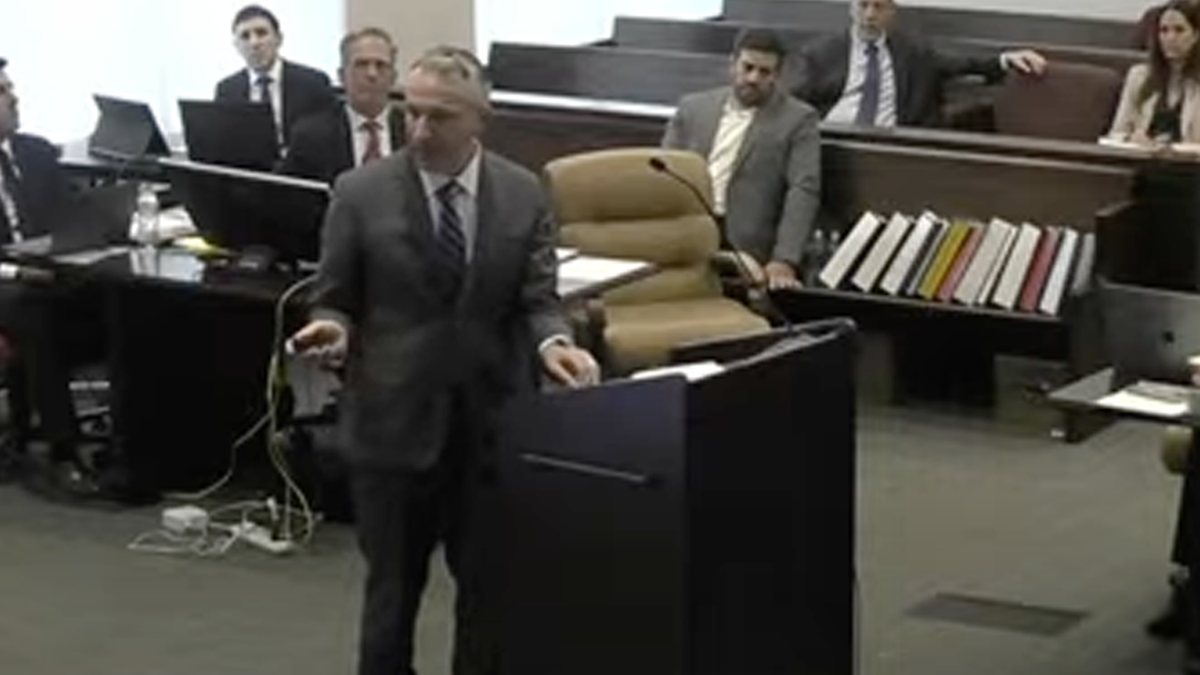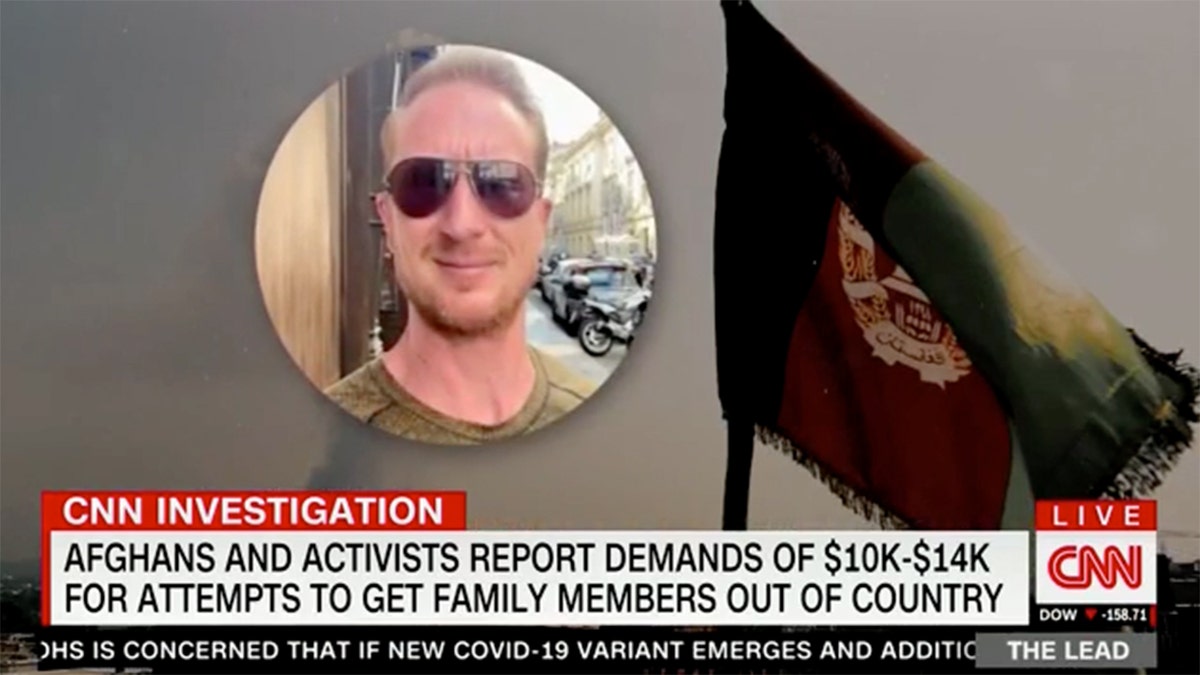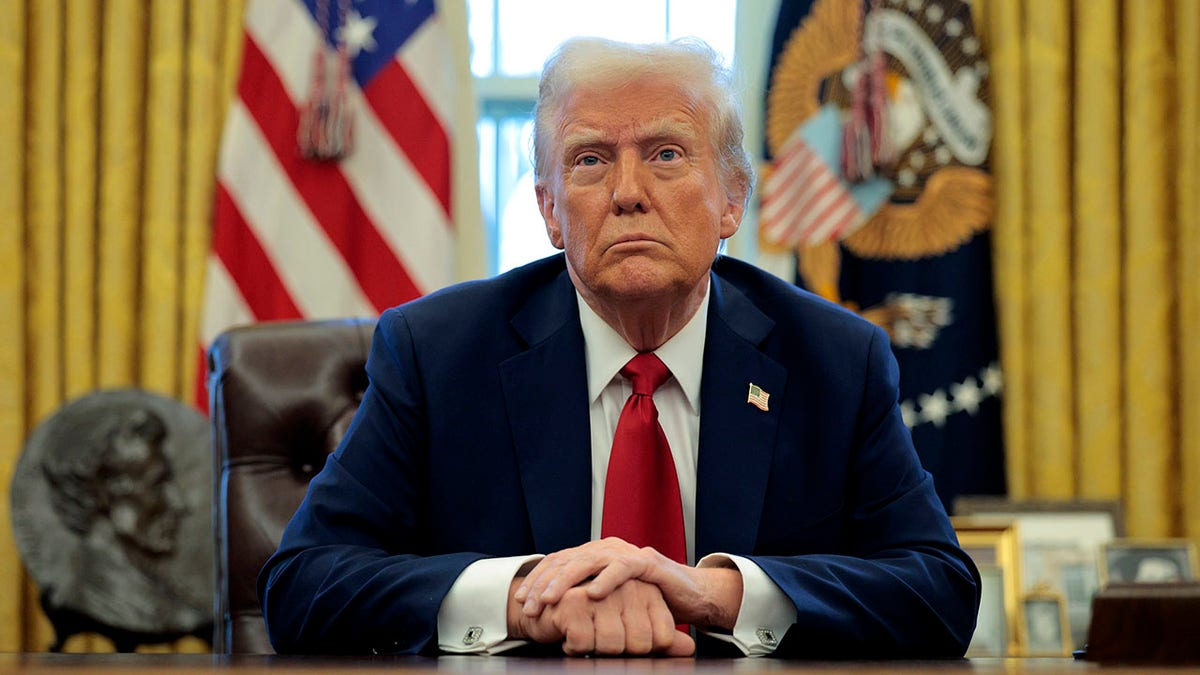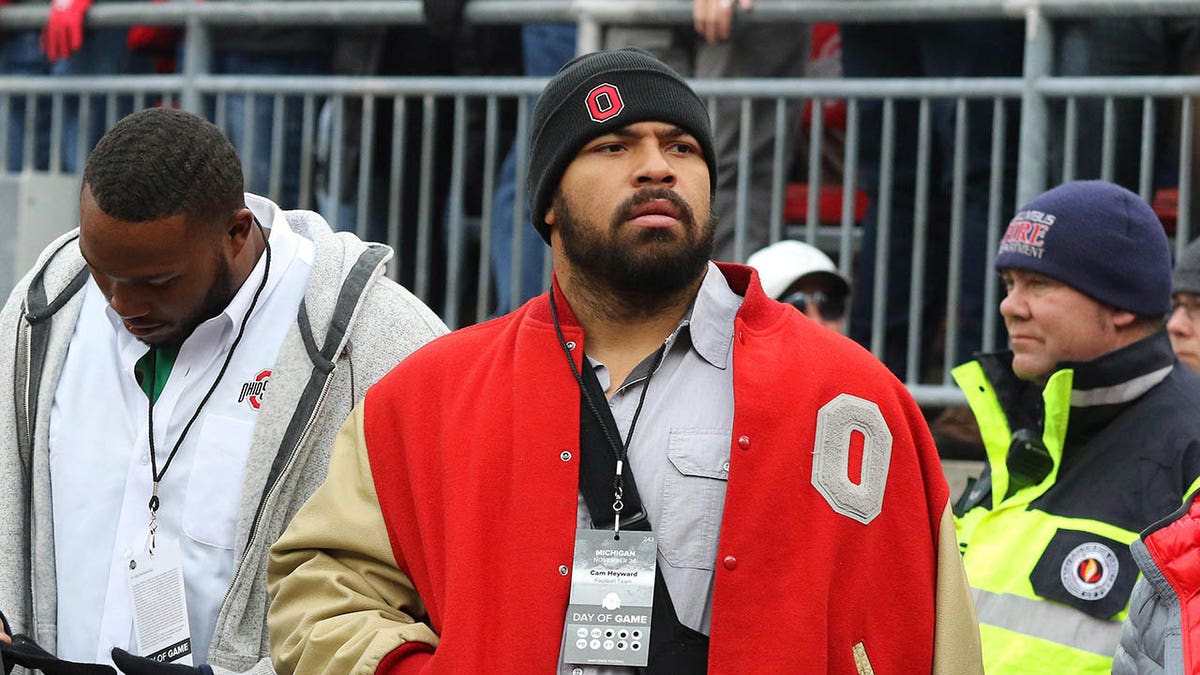Former Navy SEAL trainee and CIA operative Zachary Young's defamation lawsuit against CNN is now in the hands of the jury after closing arguments concluded on Thursday. Young claims CNN's November 2021 report falsely portrayed him as profiting from the black market smuggling of Afghans out of the country after the Biden administration's withdrawal.
Young's lawyer, Vel Freedman, argued that CNN intentionally omitted crucial details, such as Young's reliance on corporate sponsors and his lack of expectation for payment from Afghans. Freedman emphasized the damage to Young's reputation and mental health, citing his ongoing treatment for depression and panic attacks. He urged the jury to hold CNN accountable and award punitive damages to deter similar practices in the media.
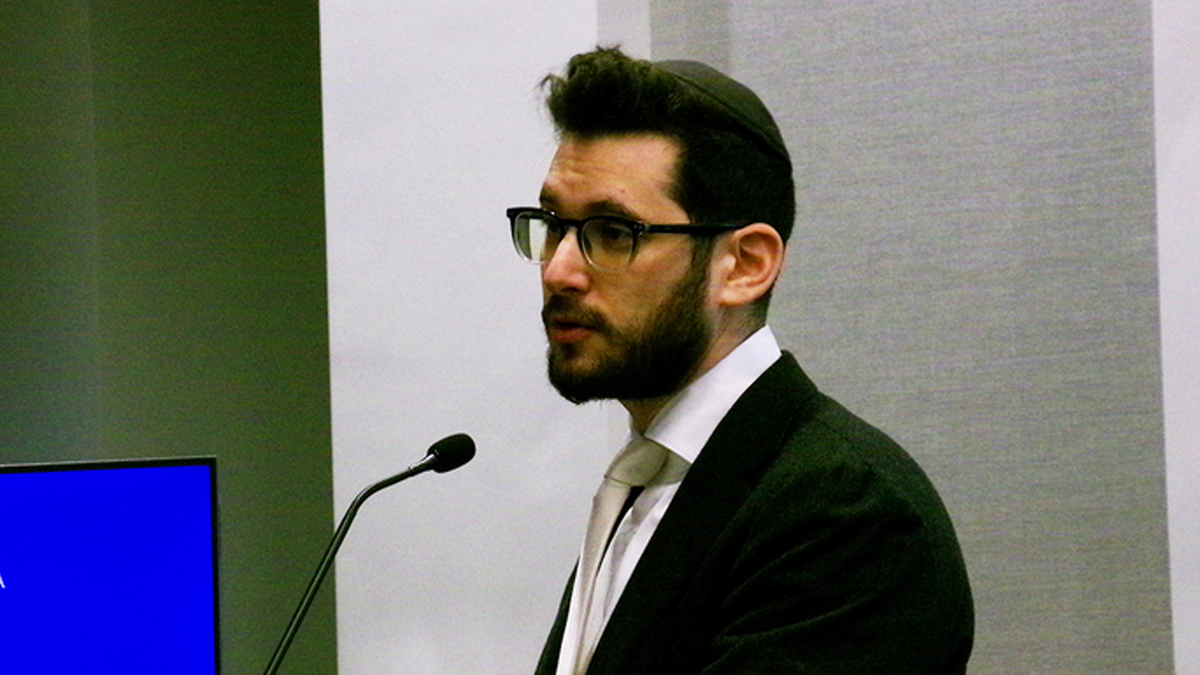
CNN's lead counsel, David Axelrod, countered that the network's reporting was "tough but fair" and that Young placed himself in the spotlight through his LinkedIn activity. Axelrod questioned the extent of Young's damages, noting the absence of witnesses who testified to lost employment opportunities due to the CNN report. He also argued that the report used Young's own words and messages and that the term "black market" was used accurately in context.
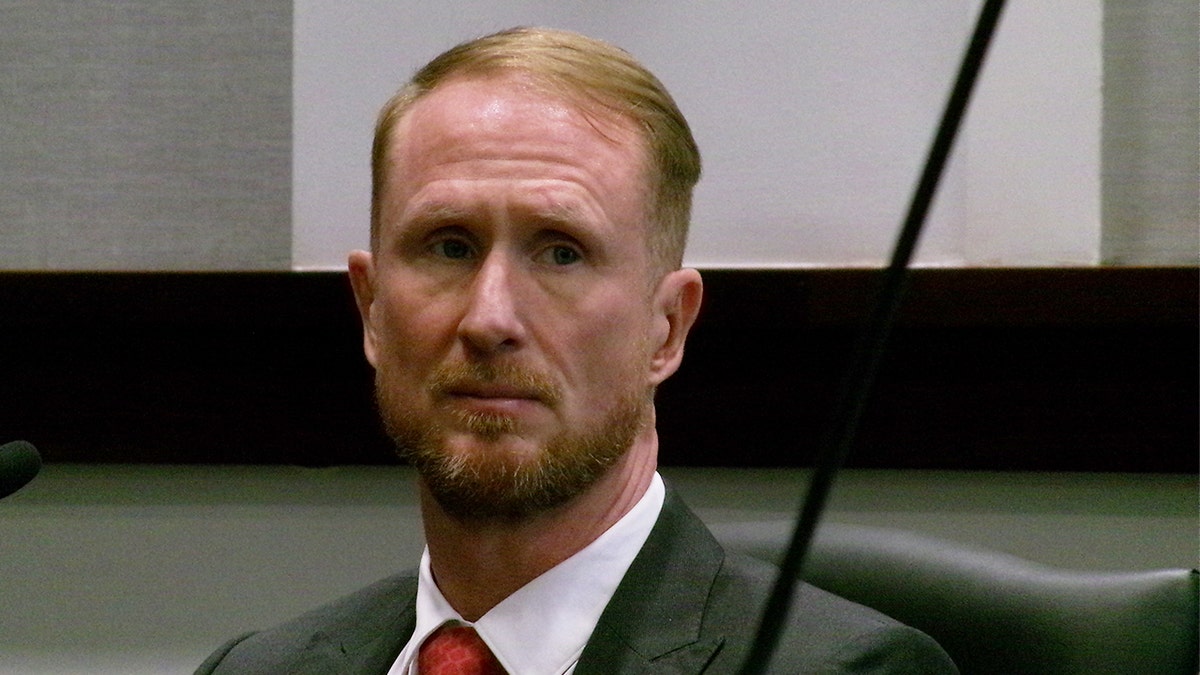
The trial highlighted several key points of contention, including CNN reporter Katie Bo Lillis's failure to disclose the story's focus to Young, correspondent Alex Marquardt's admission of lacking evidence of Young's exploitation of Afghans, and Jake Tapper's promotional teasers about "desperate Afghans being preyed on." Internal CNN communications containing strong language about Young and video of Marquardt referring to a phone call with Young as "theater" were also presented as evidence.
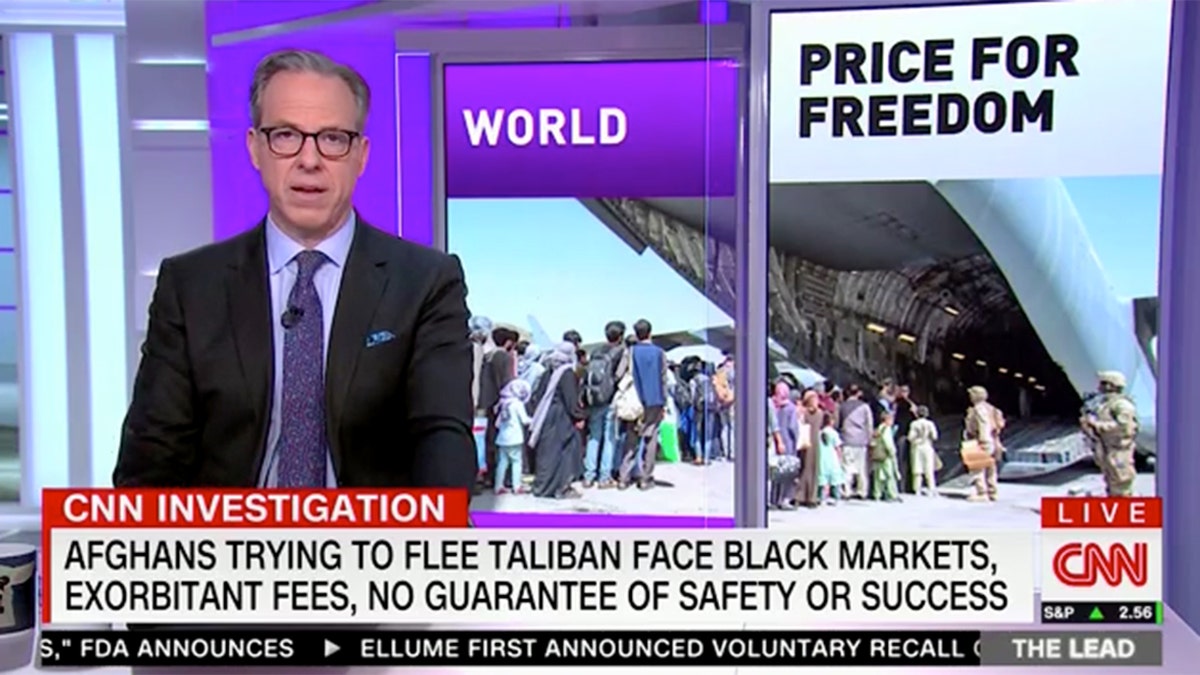
Axelrod emphasized CNN's journalistic ethics and questioned Young's claims about his mental health. He also suggested Young may have deleted relevant LinkedIn messages and pointed out the plaintiff's reliance on paid expert witnesses. Axelrod urged the jury to use "common sense" and determine that CNN was not negligent and that punitive damages are unwarranted.
